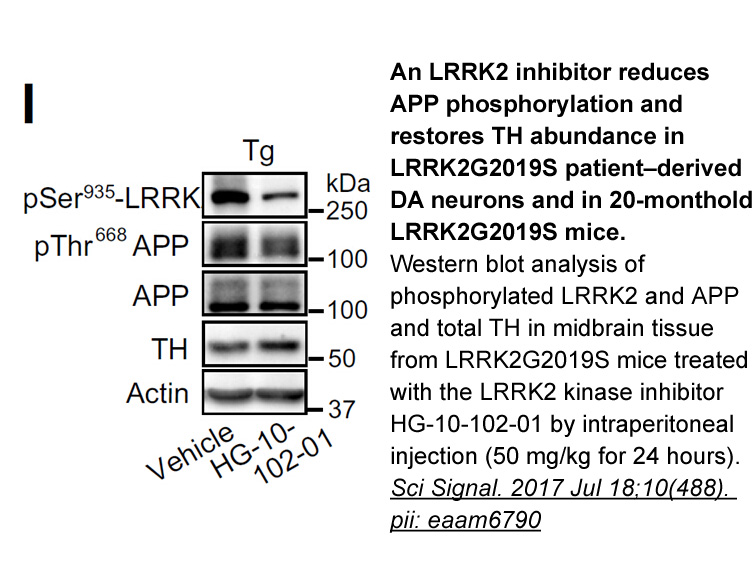Archives
Considering the importance of sleep health many
Considering the importance of sleep health, many studies have examined sleep quality as a marker of general health [28]. Sleep quality, which is a self evaluation of sleep, is considered more important than sleep quantity in the assessment of general health [29,30]. Poor sleep quality is associated with fatigue and impaired mental and occupational functions [31]. This index is affected by many sleep-wake topoisomerase inhibitor disorders and studies have shown that stimulants affect sleep quality as well [32]. As there are not enough studies assessing sleep quality in methamphetamine dependent patients during prolonged abstinence, especially after prolonged use [33]; the present study aims to evaluate subjective changes in sleep quality of methamphetamine dependent patients during early remission period.
Methods
Results
In this study, a total of 90 patients with methamphetamine dependence disorder were examined in terms of quality of sleep and symptoms of depression and anxiety through three consecutive measurements. Table 1 summarizes the patients\' demographic variables. As shown in Table 1 most of the participants were males, who were married and employed. Preferred route of using was smoking methamphetamine with pipe in all participants. The improper quality of sleep, which is shown with PSQI>5, was very common within the first days of withdrawal from methamphetamine (97.8% of participants in the first assessment), while its frequency was reduced considerably four weeks after being abstinent (52.2% of participants in the third assessment) (Table 1).
Figs. 1–3 are the scatter diagrams that show the sleep quality results obtained through three assessments in the participants. According to the diagrams, distribution pattern of sleep quality index of the participants shows minimal changes between the first and second evaluations (Figs. 1 and 2), but it appears that the last assessment which was done one month after quitting the substance has different pattern of distribution (Fig. 3). Given the results of the Table 2, mean sleep quality scores of the participants has reduced significantly in the third assessment in comparison to the previous assessments (P=0).
Table 3 shows the mean changes of the sleep quality, depression and anxiety of the participants through the three consecutive measurements. The data indicates that the index of sleep quality of participants has considerable reduction four weeks after the complete abstinence from methamphetamine, yet the scores of BDI-II and BAI decreased in repeated assessments too. Considering the fact that the alteration in depression and anxiety symptoms can influence the patients\' quality of sleep, the multivariate regression model was used to measure the impact of the decreased scores of patients\' depression and anxiety on the decreased index of sleep quality. Table 3 shows the respective results. Although the variations of depression and anxiety levels within four weeks after stopping amphetamine use was significantly effective in prediction of patients\' variation  of sleep quality, the measured impact was low (adjusted R2<0.5). Furthermore, the impact of these two intervening variables on patients\' quality of sleep was dwindled over time after quitting amphetamine use (Table 4).
of sleep quality, the measured impact was low (adjusted R2<0.5). Furthermore, the impact of these two intervening variables on patients\' quality of sleep was dwindled over time after quitting amphetamine use (Table 4).
Discussion
Results showed that the improper quality of sleep during the early days of treatment was reported very high (97.8%). Since the quality of sleep, which is measured by PSQI, is the outcome of several parameters including the general description of the subject on his/her own sleeping, the sleep latency, sleep duration, sleep sufficiency, sleep maintenance and morning performance, any change in the mentioned factors may decrease sleep quality [41]. There are reports about the reduced sleep duration, the prolonged delay in falling sleep, decreased sleep duration and more frequent spontaneous awakenings from sleep within 3–5 days after using amphetamines [13]. On the other hand, it has been suggested that quitting methamphetamine use may increase the daytime drowsiness [28]. Therefore, the low quality of sleep due to using methamphetamines is expected. However, the high prevalence of disturbed sleep inthe early days of study demonstrates that methamphetamines broadly affect the brain centers which are tasked with regulating the sleep-wake cycle. In fact, 88 out of 90 participants reported the low-quality sleep at the beginning of the study; while analysis of low-qua lity sleep prevalence in other chronic diseases using similar tool (PSQI) showed lower values. For instance, studies have shown that sleep quality is usually low in 75% of patients with end-stage renal disease who are being treated with dialysis [46], 56% of patients suffering systemic lupus erythematosus [47], 47% of patients with Parkinson disease [48] and 71% of patients with type 2 diabetes mellitus [49]. Thus, the very high prevalence of low-quality sleep in methamphetamines users emphasizes the importance of sleep problems issues in treatment protocols. On the other hand, although the drug tolerance is common after long-term use of most stimulants, the high rate of sleep disturbance at the beginning of this study indicated that tolerance to the disturbing effects of methamphetamine on sleep-wake cycle is not observed in methamphetamines abusers, even in severe cases such as methamphetamine dependence disorder patients.
lity sleep prevalence in other chronic diseases using similar tool (PSQI) showed lower values. For instance, studies have shown that sleep quality is usually low in 75% of patients with end-stage renal disease who are being treated with dialysis [46], 56% of patients suffering systemic lupus erythematosus [47], 47% of patients with Parkinson disease [48] and 71% of patients with type 2 diabetes mellitus [49]. Thus, the very high prevalence of low-quality sleep in methamphetamines users emphasizes the importance of sleep problems issues in treatment protocols. On the other hand, although the drug tolerance is common after long-term use of most stimulants, the high rate of sleep disturbance at the beginning of this study indicated that tolerance to the disturbing effects of methamphetamine on sleep-wake cycle is not observed in methamphetamines abusers, even in severe cases such as methamphetamine dependence disorder patients.